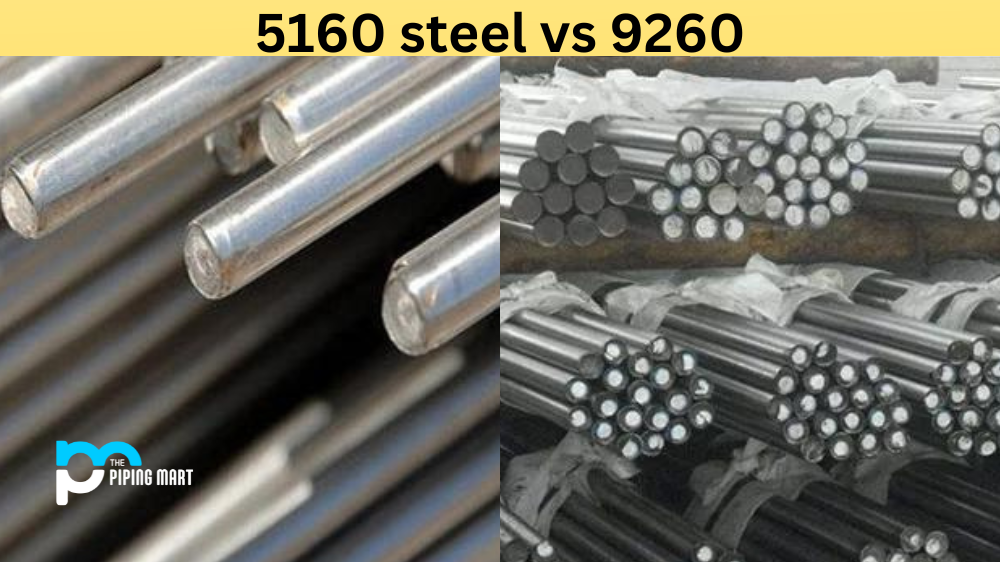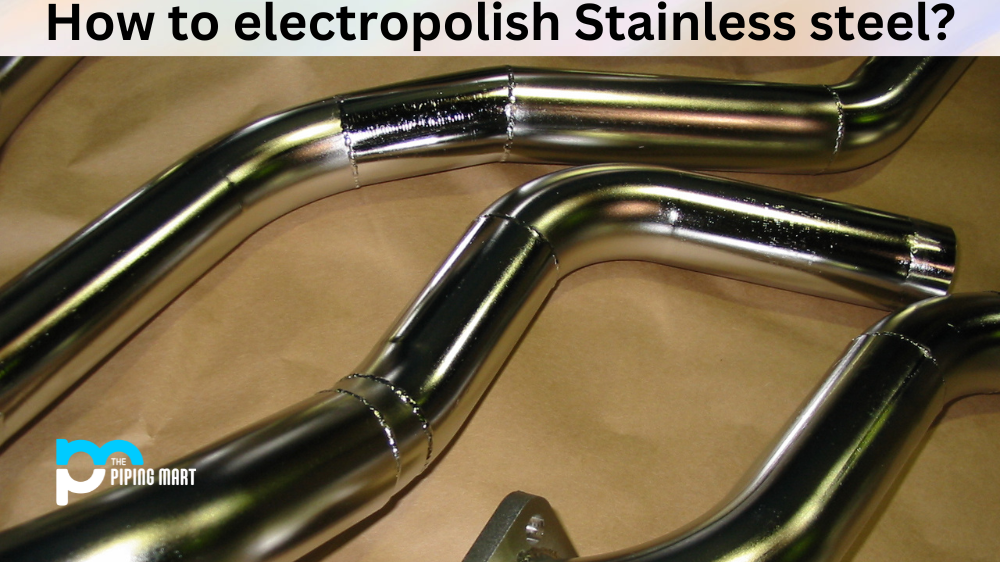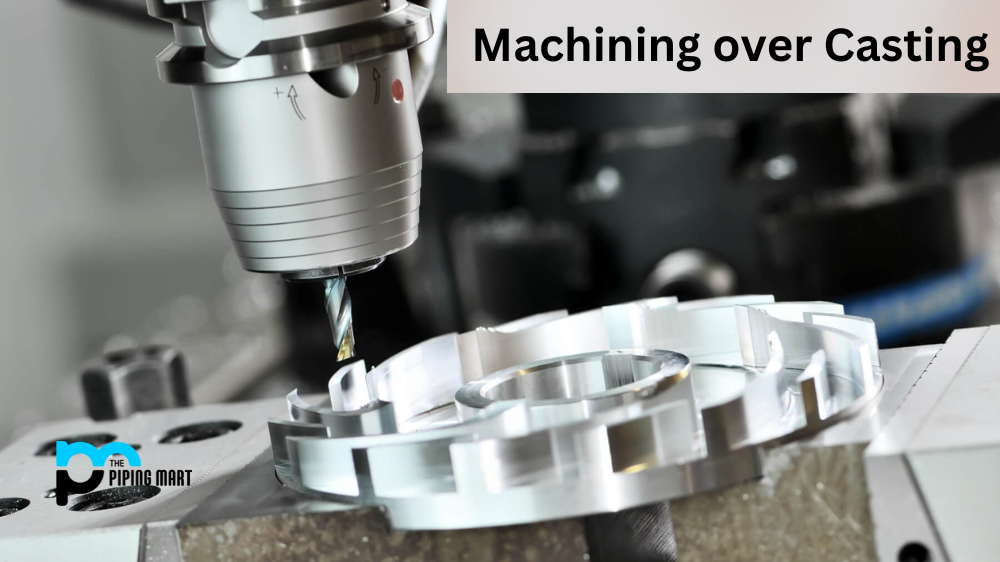Whether you are a seasoned collector, a proud craftsman, or a martial artist seeking to hone your skills, nothing beats having the right steel. With so many options in the market, choosing the perfect steel can be a daunting task. Two popular steel materials stand out for their exceptional durability, strength, and versatility – 5160 steel and 9260 steel. This article will delve into each material’s features, pros, and cons to help you make an informed decision.
What is 5160 Steel?
5160 steel is a high-carbon, chromium alloy steel known for its toughness, hardiness, and edge retention. It is commonly used in sword, knife, and axe manufacturing. This steel type is popular among artisans because it can be hardened easily and retains shape even under adverse conditions. One of the advantages of 5160 steel is that it is relatively affordable, making it a great choice for budget-conscious artisans.
What is 9260 Steel?
9260 steel is a silicon-manganese alloy known for its superior strength, durability, and flexibility. It is popular for sword-making, knife-making, and martial arts weapons due to its excellent shock-resistance and cutting performance. Like 5160 steel, 9260 is easy to harden and is known for its excellent heat treatment properties, meaning it can withstand high temperatures without losing its edge.
Difference Between 5160 steel and 9260
Advantages and Disadvantages of 5160 Steel
The high carbon content in 5160 steel gives it excellent edge-retention properties, meaning the blade remains sharp for an extended period. This steel type also has good wear resistance, making it an excellent choice for heavy-duty applications. However, 5160 steel can be prone to rust, corrosion, and chipping despite its hardness if not cared for properly.
Advantages and Disadvantages of 9260 Steel
9260 steel’s high manganese content gives it excellent shock-resistance properties, making it perfect for martial art weapons like katanas or sabres. It is also incredibly flexible, which adds to its durability and longevity. Unlike 5160 steel, 9260 is less prone to rust and corrosion, thanks to its silicon content. However, 9260 steel is more expensive than 5160 steel, which may be better for those on a budget.
Conclusion
When it comes to choosing between 5160 steel and 9260 steel, there is no clear winner. Both types of steel offer unique advantages and disadvantages, making it important to weigh your needs, budget and preferences before making a final decision. 5160 steel is a budget-friendly option that offers excellent wear resistance, sharpness, and hardness, while 9260 steel is a durable and flexible choice that is shock-resistant and corrosion-resistant. Ultimately, the choice comes down to your preferences, budget, and needs.

Abhishek is a seasoned blogger and industry expert, sharing his insights and knowledge on various topics. With his research, Abhishek offers valuable insights and tips for professionals and enthusiasts. Follow him for expert advice on the latest trends and developments in the metal industry.




